


As you type, the Style Assistant shows you how an existing author uses the same word or phrase in their work, and
provides suggestions if your language departs too much from the author’s style.
It is almost like writing with your favorite Novelist watching over your shoulder.
Get Feedback with Style Assistants
But style Assistant is much more than just for checking the author’s style and sentence structure.
•
It can be the author’s (or time-period) language research tool. Would a certain word be used?
•
It can be the novel’s world research tool Would a certain item be available at the time the novel takes place?
(Did people in Jane Austen time drank coffee or just a tea? Do you know that without googling it?)
We are all familiar with how to look up a synonym online. You get a long list of words. It is either too few or too many, but never
the ones that fit the time period or the writing style.
That’s where CQuill Writer comes to the rescue. With our Novel writing software (pun intended), you can use and create
THEMATIC DICTIONARIES, all cross-referenced and using your favorite author's vocabulary.
For example, you can use a dictionary with synonyms used by Jane Austen, or a thesaurus with the
language that today's Sci-fi or Fantasy authors use. Or the words our good friend, Will Shakespeare hath immortally tackl’d.
Or anybody else for that matter.
Yes, you can Synthesize Thesaurus by loading ANY existing book and just letting the software do its magic. (or as William
Shakespeare Style assistant quickly suggested: conjuring).
You can create a Thesaurus from YOUR own writings, why not?
Note: We now synthesize, not just “create”. We use big words, because we have excessively bounteous number of them.
Stay true to the theme and time period of your novel
Plotting your next great Novel
From Plot Boards to Character cards, to Image walls, to Timelines, CQuill has tools for every type of writer: Pantser,
Plotter, Plantser or whatever is your classification.
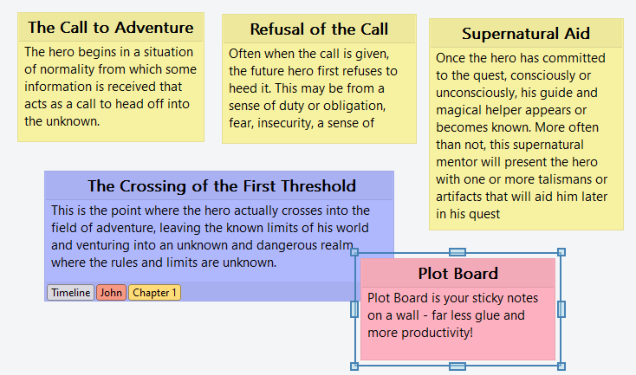
Plot Boards
Plot Board is a time-tested tool for writing books, TV shows, and
movie scripts, that's been around since the dawn of time when
people still lived in caves.
(Did you see the Lascaux cave paintings? That's a plot for an action
movie, right there.)
Use Plot Board Cards to write a few words about each scene and
then shuffle them around your novel virtual space.
You can have as many plot boards as you need. Perhaps each Act
or Character can have its own Plot Board.
Like many other parts of CQuill, you can put keywords on the
sticky note that links to the chapter, or character or other
documents, even other Plot Boards. Plot big!
Characters and Settings Creator
Add motivation images, write characters synopsis and add keyword for
traits and personality. The character cards are the perfect place to
outline your protagonists.
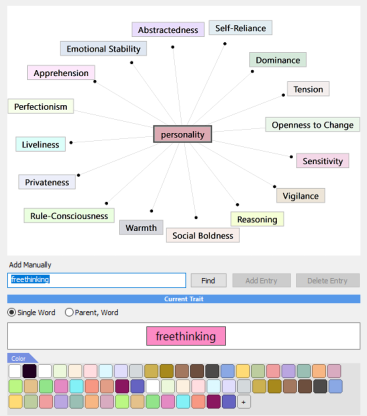
You will find our brand new,
prompt system at the center
of it all.
Inventing stuff from scratch
is easy!
Similarly, the Settings card
let’s you describe places and
settings.
Timelines
Timelines are another great plotting tool that can easily fit the
peculiar way only you think.
A timeline can be just a sequence of things, like Chapters or a
sequence of Beats or Scenes or it can be a real-time calendar with
real dates.
If you zoom in, you can plan things down to the hours for your
perfect Whodunit mystery.
Since your project can have many timelines, each with it’s own time-
frame, you can also plan your own life around the novel. Why don’t
you put dates when you need to work on the chapters or the next
dentist appointment?
Spreadsheets (Ok, we call them Wordsheets but they are still cool)
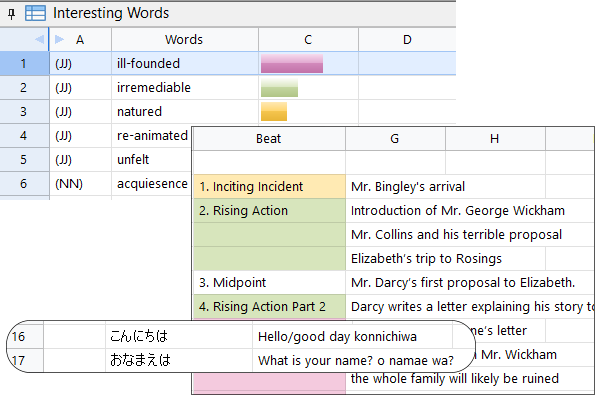
"What?" you ask. "Why do we need spreadsheets in writing software?
We don't but listen... Spreadsheets are DAGWOT (a Damn Good Way
to Organize Things).
Whether you're using them to collect funny words, keep score of
baristas in your favorite cafe, or to learn Japanese phrases,
spreadsheets come in handy for many things that plain text can't do
that well.
Some authors plan entire novels in spreadsheets.
Don't worry, this is not some boring number-crunching nonsense. It is
text-oriented, you can sort columns, add checkmarks or percentage
bars, move things around, put some colors. You will love it.
Big Image Wall
It wouldn't be a proper plotting without a real cork-board with unflattering snapshots of your relatives, or people you found online, notes, connection
strings, and preposterous ideas. The image wall is all that and more.
Smart Tags, Color Tags and Keywords
It is inevitable. As your project grows, you will appreciate how documents can
automatically link together. You may think you will always remember in which chapter
your protagonist stole his first kiss (or his first spaceship), but trust us, you probably
won’t.
The keyword tags will be your best friends. Any text file can have a number of Smart
Tags that can link to other documents and will keep in sync. If a tag links to chapter 22, it
will always link to the correct place, even if your chapter 22 became 34 down the line.
A chapter tag can send you directly to the character descriptions, related timelines,
wordsheets or other chapters.
But the Smart tags can also do other things. They could type text, open your custom
dictionary on the selected word (did we mention that you could create custom
dictionaries?) or even search the Internet if you really must live connected!
Each document can also have a color tag. This is great for multiple perspectives for
example. All documents (chapters, notes, timelines, pictures) related to John's POV
could be red, all documents related to Paul could have a yellow tag. Ringo blue... who
was the fourth one? He could be green if we care.
Searching your manuscript is that much easier if you put tags to the chapters!
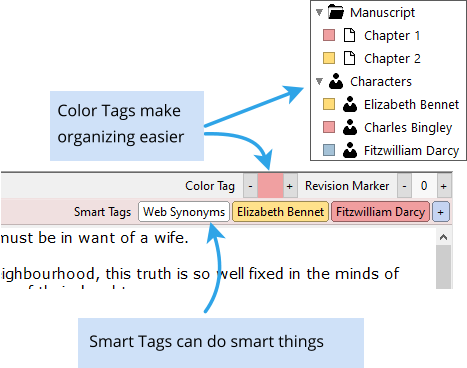

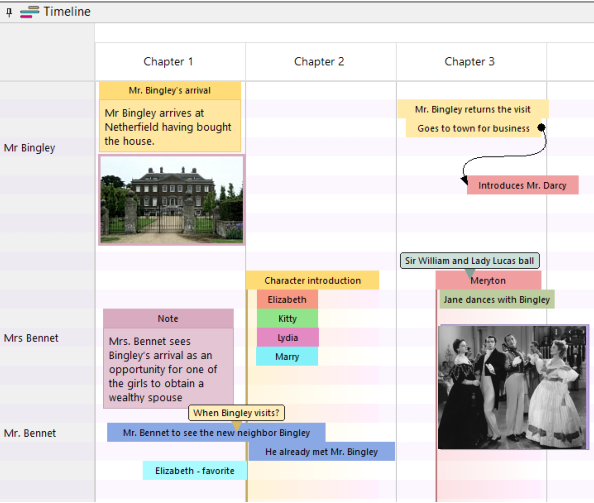
What? That’s Elizabeth? Didn’t she had brown hair?
Damn, some of the deep fakes are getting pretty good,
and no stiff letter from Universal Studios.
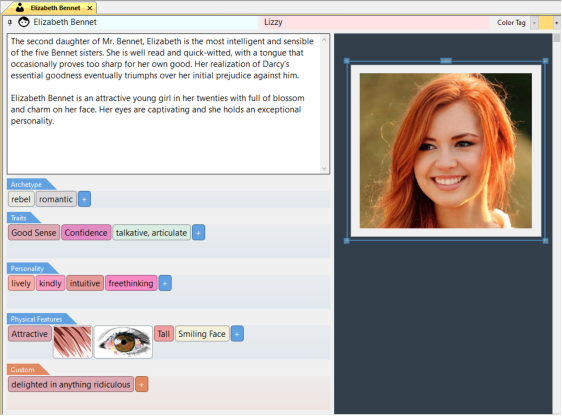
Improve your writing with Spell Check, Passive voice check, Readibility control




POS
Articles & Nouns
Normal Spell-check
“Loud” Spell-check
Check your writing with a smart tools.
Part of Speech highlighting, Passive voice, Adverbs overuse,
Readability, and more.
You can commit to a certain style by having the Style
Assistant highlight words that the author would never use.
And of course, our user-customizable spell-check, with
almost patentable "Loud" option so you can’t overlook the
little flimsy squiggly lines.
Now you may ask, "Hey, that’s dandy, but I don’t give two humble modicums with phaeton and ponies about the charmingly ambrosially scrumptious
word of Jane Austen. Can I have a human talking assistant?”
And that is the best part: You can have as many assistants as there are books. By any author.
We prepared a few Assistants made from books in the public domain, but you can load any book or text and create your own Assistants (PRO version).
And creating an assistant from your own writing can help you to keep track of situations and events and it will ensure you are not repeating the same
sentences or phrases.
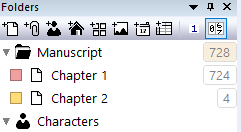
Global word count
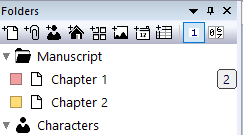
Revision markers
Snapshots with Auto-Versioning
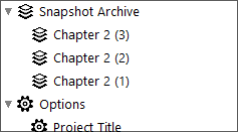








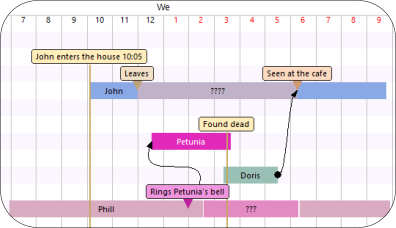
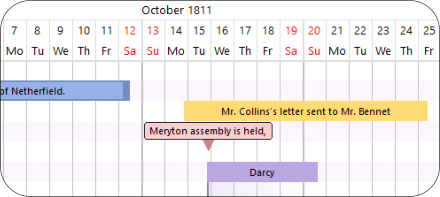
Any item on the timeline can link to a
document in your project. Double-clicking
will send you right there!


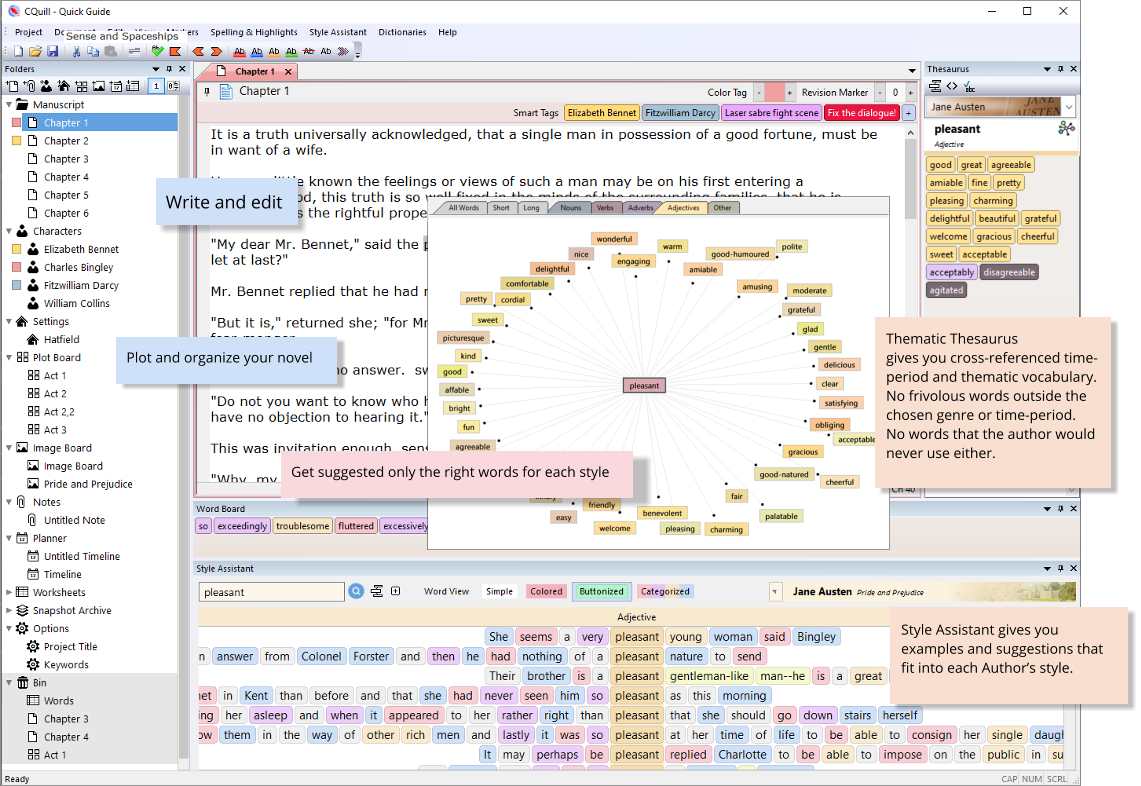
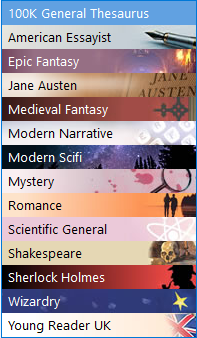
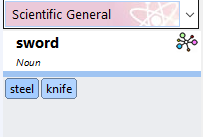
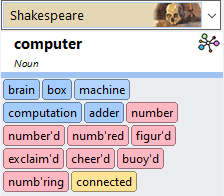
You wouldn't get troublesome worrying looks from Jane Austen or
William Shakespeare if you ask them modern words; rather, you'd get
what they would consider to be the closest equivalent at the time.
Historical Dictionaries that finally speak your
What makes these dictionaries so unique is their clever understanding of modern words. A time-period thesaurus doesn’t just speak the historic
tongue. It understands your language too and it gives you the closes equivalent using the author’s language or common time period terms.
Medieval Fantasy Thesaurus
would know much more about
knives and blades than a high-
brow scientist.
Maybe too much…

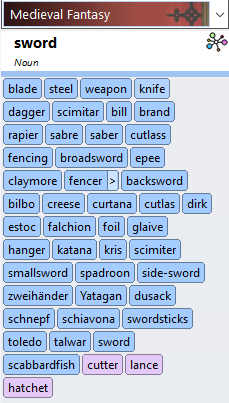



No internet? No problem.

We build CQuill Writer as if this is the only software we can take to a deserted island.
In a world where more and more apps are online or require to be connected, we went the other way. Even tools like creating
your own Thesaurus from a book works happily with no Internet in sight.



And to everyone else it looks like you are actually working!
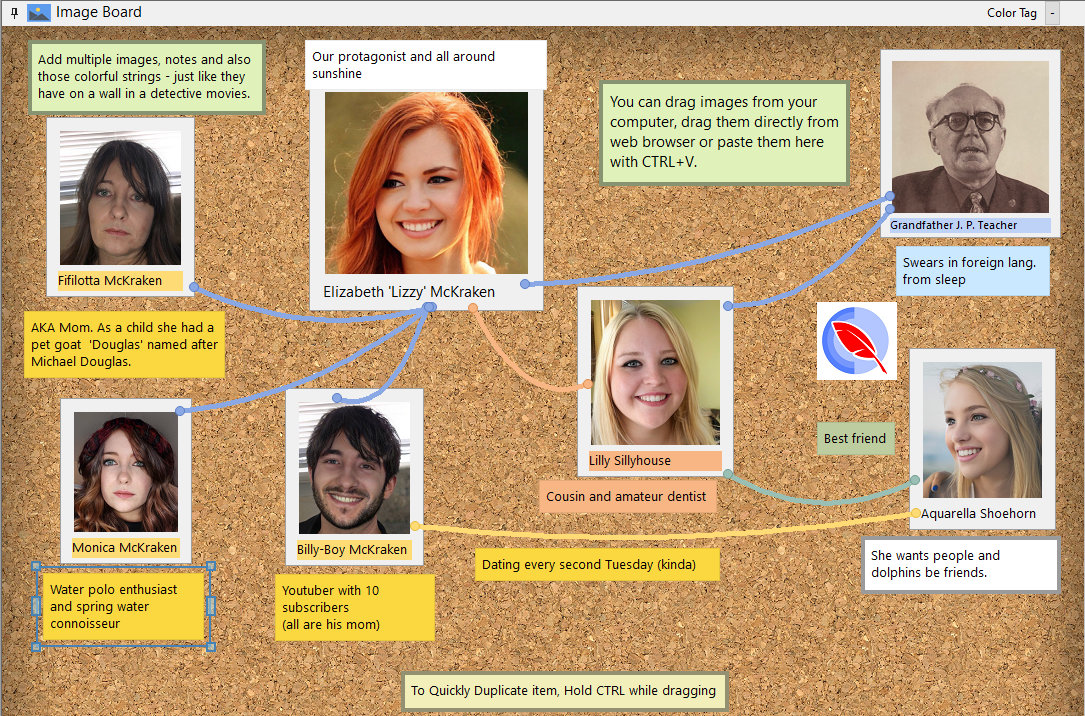


Passive voice check
See release notes
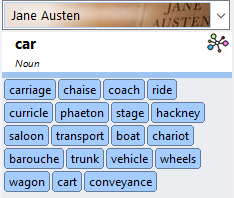

Readibility check with custom threshold settings
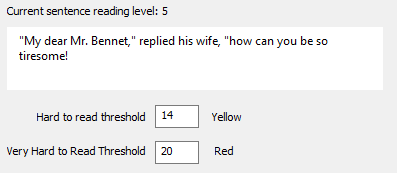
… and of course, let the monkey write your novel

“How rejoiced was Elizabeth to part from him in good humour, said Miss Bingley, with cold meat, cake, and a variety of questions to Maria and Elizabeth, but
especially to the latter, of whose connections she knew it was a circumstance which must have been great indeed.”
by Monkey Jane
If you know how to press Ctrl+W, you can let our Monkey Novelist finish your sentence using the Assistant’s style. You can even let it write an entire
paragraph for you.
It is possible that the Monkey's linguistic skills are as advanced as those of other tree-dwelling primates, but at least you will get a good laugh out of it.
Sometimes, (or if you are under the influence), you may even get inspired. We now have a whole Wordsheet of literary pearls such as “Her eldest daughter
was particularly anxious to conceal from him your mother.” or “I will take care to get good partners for them to play their aunt.”


Whether you are penning your maiden novel or your most recent opus destined for renown, CQuill Writer shall prove
itself an indispensable companion, possessing such singular and unparalleled tools for language as are not to be
discovered elsewhere.
Jane Austen Assistant



The software was “rebranded” to NovelForge


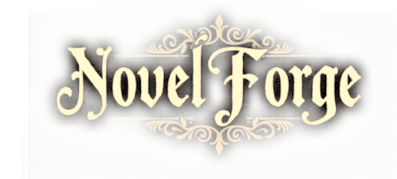
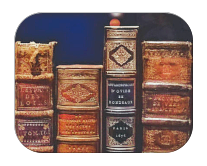

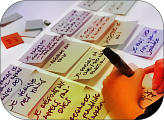

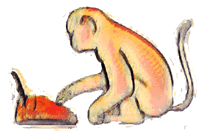
The best authors are not born overnight. They study the style and language of great writers in order to become better writers themselves.































